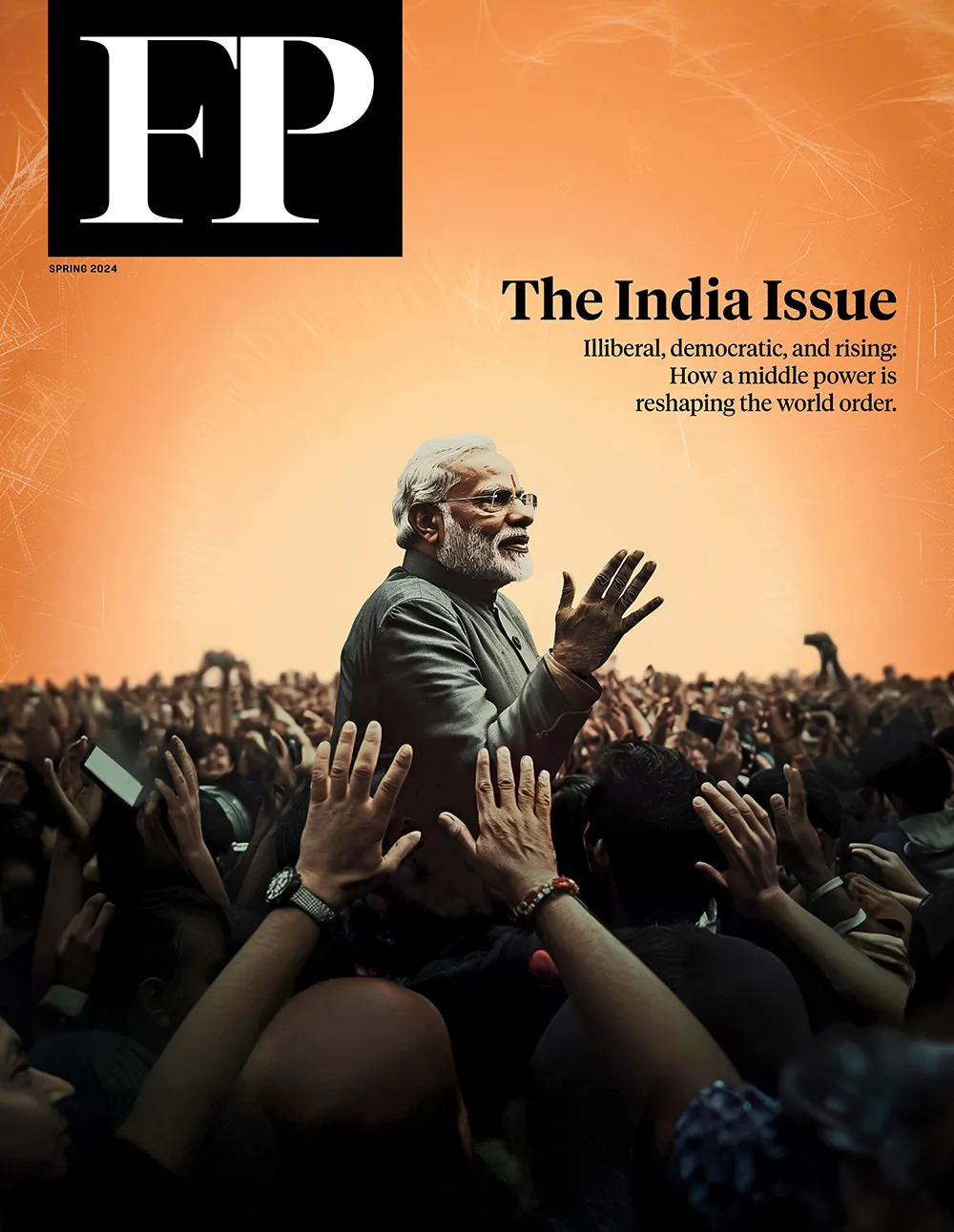Last weekend marked 500 days since Russia began its invasion of Ukraine—a grim landmark that will hang over Vilnius, Lithuania, as leaders of 31 NATO countries assemble for the security alliance’s annual summit. While some member states, especially in Eastern Europe, continue to lobby for Ukraine’s accession to NATO, the United States has already made clear such a move is far-fetched while war remains underway. Even Sweden’s membership is up in the air, with Turkey playing spoiler once again: Ankara says the European Union should create a pathway for it to join the bloc before it agrees to support Stockholm’s bid.
Beyond the fraught questions of membership, however, other issues of consequence will be up for discussion this week. It’s likely that NATO will update its defense posture and begin talks on offering Kyiv security commitments. Some of those plans have originated from the alliance’s former chief, Anders Fogh Rasmussen, who has informally advised Ukrainian President Volodymyr Zelensky.
Rasmussen is also a contributor to FP’s collection of essays exploring the future of NATO—a roundup that includes takes from Ukrainian Foreign Minister Dmytro Kuleba and Russia experts Angela Stent and Liana Fix. Click on the links below to watch or read Rasmussen’s view on expanding NATO, the security alliance’s defense posture, the use of cluster munitions, and how to manage the rise of China.
Former NATO Secretary-General Anders Fogh Rasmussen, who informally advises Ukrainian President Volodymyr Zelensky, discusses whether Zelensky will be satisfied with what NATO plans to offer Kyiv at this week’s summit in Vilnius, Lithuania.
With Turkey holding up Sweden’s accession to NATO, FP subscribers asked the alliance’s former secretary-general, Anders Fogh Rasmussen, whether he believes NATO should hold talks to expel NATO.
Former NATO Secretary-General Anders Fogh Rasmussen explains how the mutiny of the Wagner Group has significantly weakened Russian President Vladimir Putin.

Anders Fogh Rasmussen
Former NATO secretary-general
Anders Fogh Rasmussen is a former secretary-general of NATO, prime minister of Denmark, Danish minister of economic affairs, and Danish parliamentarian. He is currently the founding chairman of Rasmussen Global and founder of the Alliance of Democracies, a nonprofit organization dedicated to the advancement of democracy and free markets around the globe.
Host
Ravi Agrawal
Editor in chief, Foreign Policy
Ravi Agrawal is the editor in chief of Foreign Policy, the host of FP Live, and a regular world affairs analyst on TV and radio. Before joining FP in 2018, Agrawal worked at CNN for more than a decade in full-time roles spanning three continents, including as the network’s New Delhi bureau chief and correspondent. He is the author of India Connected: How the Smartphone Is Transforming the World’s Largest Democracy.








